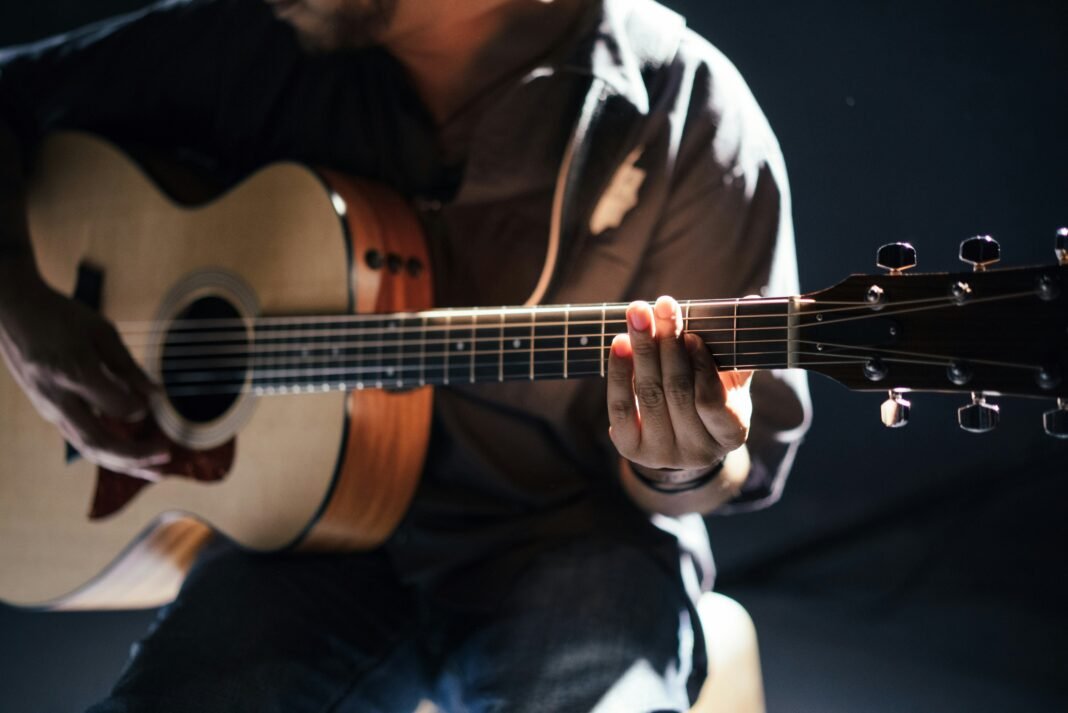How Mobile Kitchens Are Feeding the Beat of the City During Festival Season
By The HMI Magazine | Senior Culture Board
When the city’s rhythm pulses through speakers and stages, New York doesn’t just dance—it eats. From Central Park to Randall’s Island, and from Governors Ball to SummerStage, music festivals across the five boroughs transform into vibrant culinary playgrounds. And at the center of it all? A massive, eclectic army of food trucks.
But why does New York City explode with food trucks whenever a music festival rolls around? The answer lies in a perfect blend of cultural diversity, urban convenience, and the city’s love affair with food on the go.
1. A Melting Pot of Flavors for a Melting Pot of People
New York City is home to over 8 million people from nearly every corner of the world. That diversity translates into demand—festivalgoers want variety, and food trucks deliver. From Haitian griot and jerk chicken to Korean tacos, vegan empanadas, and artisanal ice cream, food trucks represent the city’s global taste in miniature kitchens.
“At a festival, we’re not just feeding hunger—we’re serving identity,” says Michelle Alvarez, owner of La Chimi Dominicana, a Dominican food truck staple at Bronx-based music events. “People want to eat what reminds them of home, especially when they’re out enjoying culture and music.”
2. Mobility Meets Opportunity
The logistics of feeding thousands in a contained space are no small feat. Traditional restaurants can’t just pick up and move. Food trucks can. That mobility makes them essential players in the festival ecosystem.
“It’s plug-and-play,” explains David Chou, event planner for NYC Eats & Beats Festival. “We can have 20 trucks roll in the morning of a show, set up shop, and serve gourmet-level meals in minutes. It’s efficient and festive.”
Food trucks also allow small culinary entrepreneurs to enter the big league. For many chefs, festivals are testing grounds for future restaurants or brick-and-mortar expansions.
3. The Instagram Effect
Let’s face it—festivalgoers love posting. A perfectly plated lobster roll or neon-hued bubble tea from a stylishly wrapped truck is instant content for social media. Festival food trucks understand this, and many have upped their visual game to attract not just hungry mouths but snapping cameras.
“It’s more than food. It’s food theater,” says Jamal Gordon, whose Afro-Caribbean fusion truck Spice Rhythm pops up at Afropunk and other cultural festivals. “Our setup is part of the performance.”
4. Supporting the Vibe and the Economy
Beyond taste and convenience, food trucks contribute to the overall festival atmosphere. Their presence encourages longer stays, energizes crowds, and supports the local economy. The NYC Department of Small Business Services often partners with festivals to encourage food vendor participation, predominantly minority- and immigrant-owned businesses.
According to a 2024 report by the NYC Hospitality Alliance, food trucks generated nearly $18 million in revenue during the summer festival season alone, including temporary jobs and local ingredient sourcing.
5. A Post-Pandemic Boom
After the COVID-19 pandemic drastically reshaped dining norms, food trucks became even more popular for their open-air service model. Festivals, already outside by design, were the perfect match.
Today, the resurgence of festivals has brought a renaissance of mobile cuisine. Trucks are more innovative than ever, featuring fusion foods, gourmet twists, and diet-conscious options that reflect evolving consumer values.
Conclusion: More Than a Meal
New York City’s food truck surge during music festivals is more than a trend—it’s a cultural phenomenon. These rolling kitchens are as much a part of the celebration as the music itself, feeding bodies and spirits in the heart of a city that never stops moving or chewing.
So next time you’re swaying to a live band in Prospect Park or vibing at a rooftop DJ set in Queens, don’t just listen to the music—taste it.


